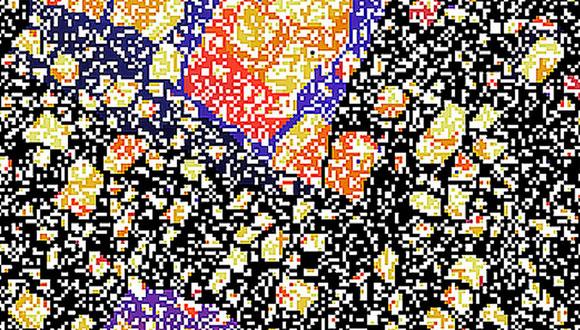Biological & Soft Matter Seminar: Physical learning in mechanical systems
Menachem Stern, University of Pennsylvania
Abstarct:
Materials and machines are often designed with particular goals in mind, so that they exhibit desired responses to given forces or constraints. We explore an alternative approach, namely physical learning. In this paradigm, the system physically adapts to externally applied forces, gaining a desired function. Crucially, learning is facilitated by physically plausible learning rules, requiring only local responses and no explicit information about the desired functionality.
Our work shows how local learning rules can be derived in two types of mechanical systems, elastic networks and self-folding origami. These systems can autonomously learn to perform certain tasks (e.g. having predefined multi-stability, or folding in a desired way) by experiencing examples of use, highlighting distinct advantages of physical learning over traditional design approaches. We demonstrate how physical systems can learn to distinguish between classes in real data such as Iris flowers and handwritten digits, and discuss the experimental realization of such learning machines. By exploiting the advances of statistical learning theory in the real world, we propose the plausibility of new classes of smart metamaterials, adapting in-situ to users' needs.


